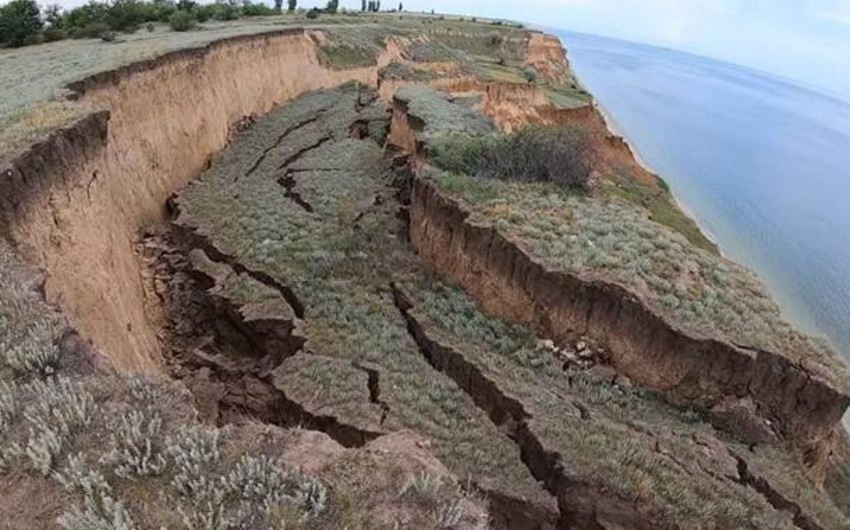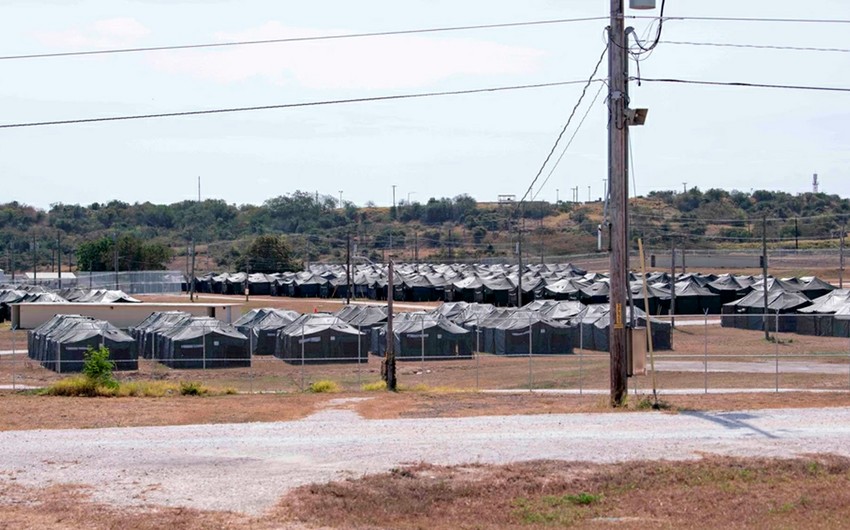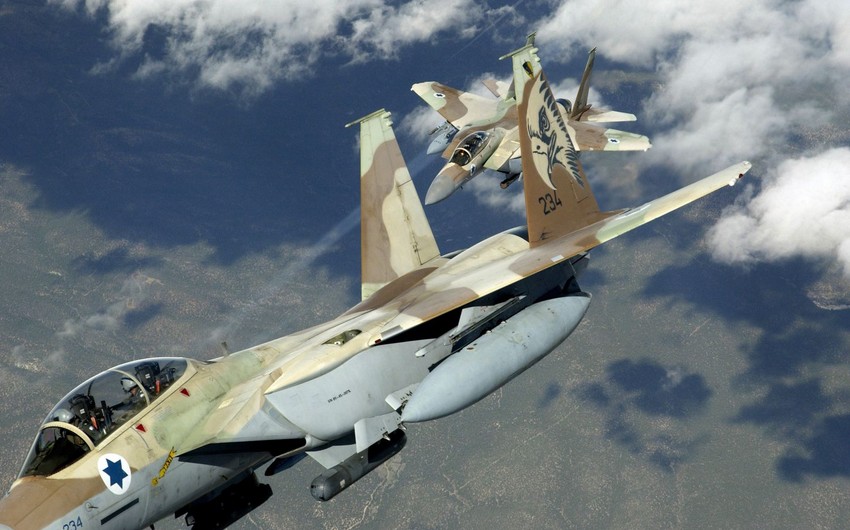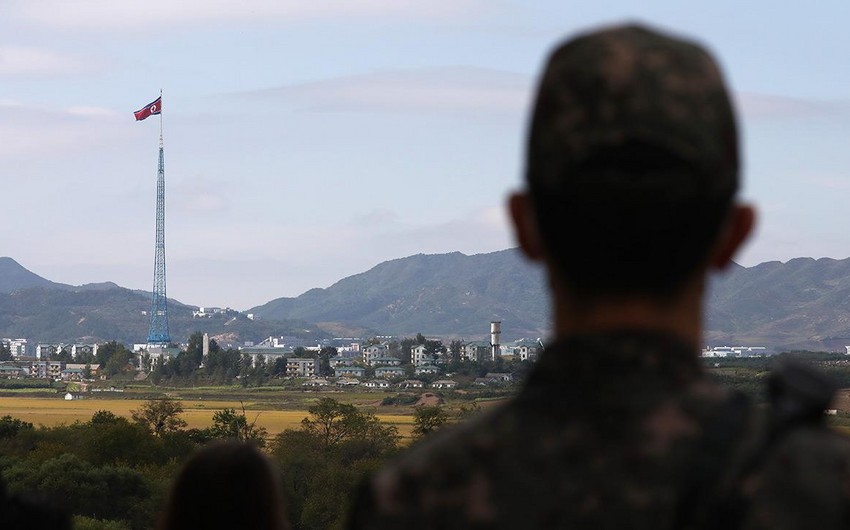Today is the birthday of Umud Mirzayev, the president of the International Eurasia Press Fund. He turns 62 years old.
On behalf of the IEPF and the Eurasian Diary collective, we congratulate Mr Umud Mirzayev on this remarkable day, and wish him good health and greater success in the development of civil society.
Umud Mirzayev was born on February 1, 1961 in Ashaghi Abdurrahmanli village of Fuzuli district. In 1982, he was admitted to the faculy of poetry of the Institute of Literature named after M. Gorky in Moscow and graduated in 1987. In 1987-1992, he worked as the head of the department of science, journalism and letters in the Literature and Art newspaper.
.jpg)
Besides that, Umud Mirzayev is the founder and president of the International Eurasia Press Fund (IEPF), which has been operating since 1992 and is headquartered in Baku, the capital of Azerbaijan.
U. Mirzayev is also a member of the Azerbaijan Press Council, a member of the Azerbaijan Writers' Union and a member of the Board of Directors of the National Forum of Non-Governmental Organizations. Since 2021, he has been the chairman of the Public Council under the Azerbaijan National Agency for Mine Action (ANAMA).
(1).jpg)
In 2012-2016, U. Mirzayev has been a member of the Board of Directors of the International Press Institute (IPI), which includes well-known media organizations of the world, and in 2013-2016, has been a member of the Supreme Council of the International Peace Bureau, a Nobel Peace Prize laureate, and a representative of the institution for 18 West Asian countries.
He is the author of programs and numerous events in cooperation with various international organizations aimed at conveying the truth about our country to the world, bringing information about our country's history, culture, national moral values, and conflict to larger and different audiences. The main part of the IEPF's 30-year activity under his leadership was the implementation of social-humanitarian projects in the war-affected and liberated regions, taking care of the refugees and internally displaced persons living there, and organizing the visits of foreign diplomats, international journalists, and students to the conflict zones.
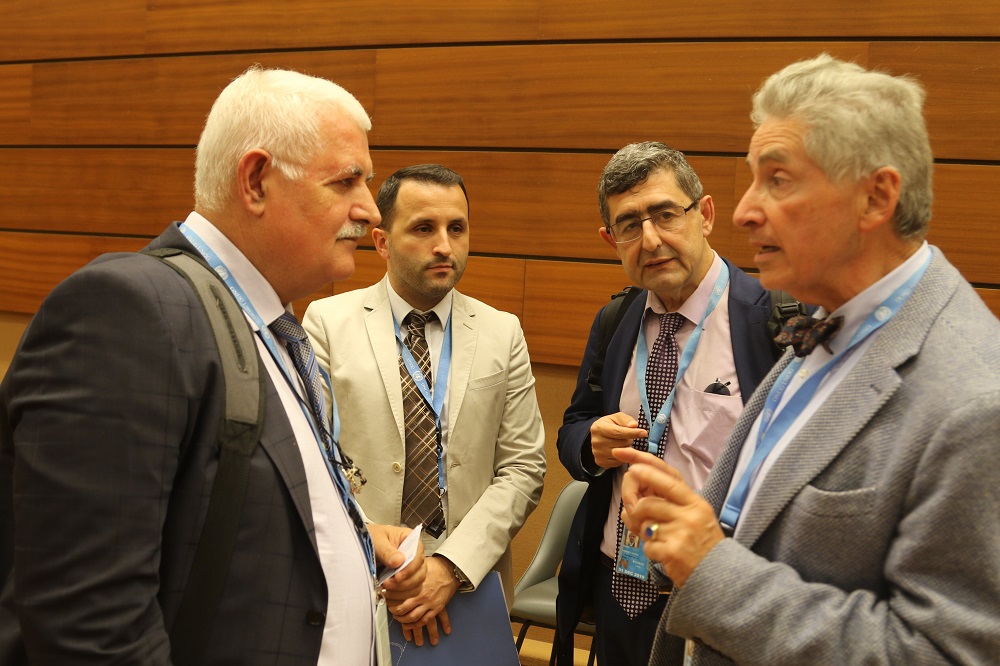
.jpg)
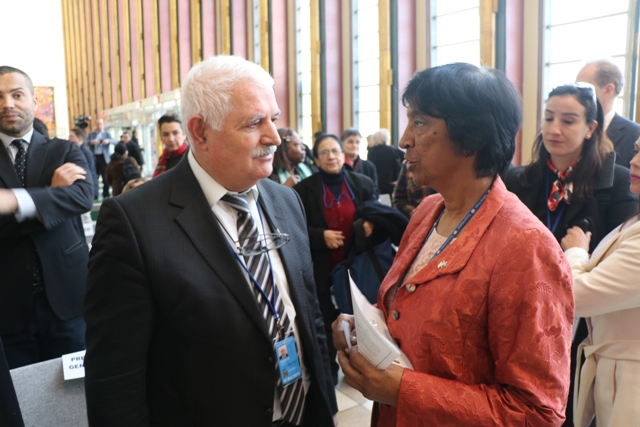

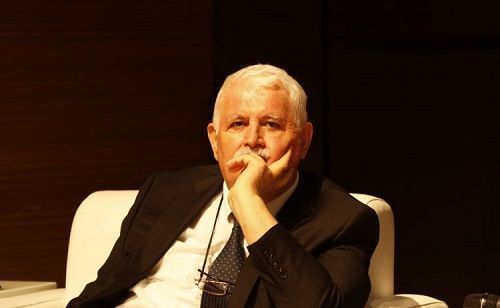
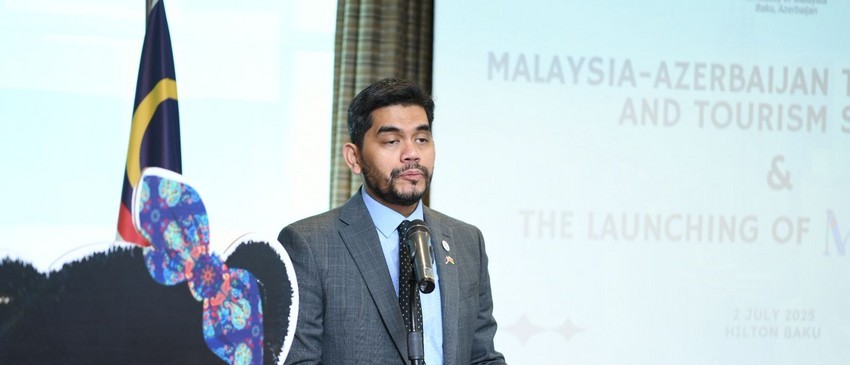
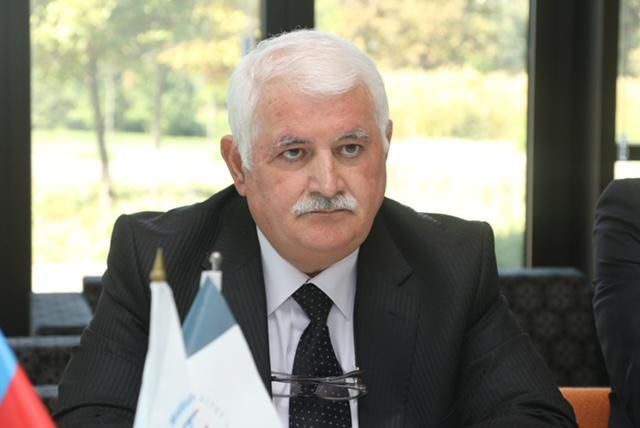
.jpeg)
